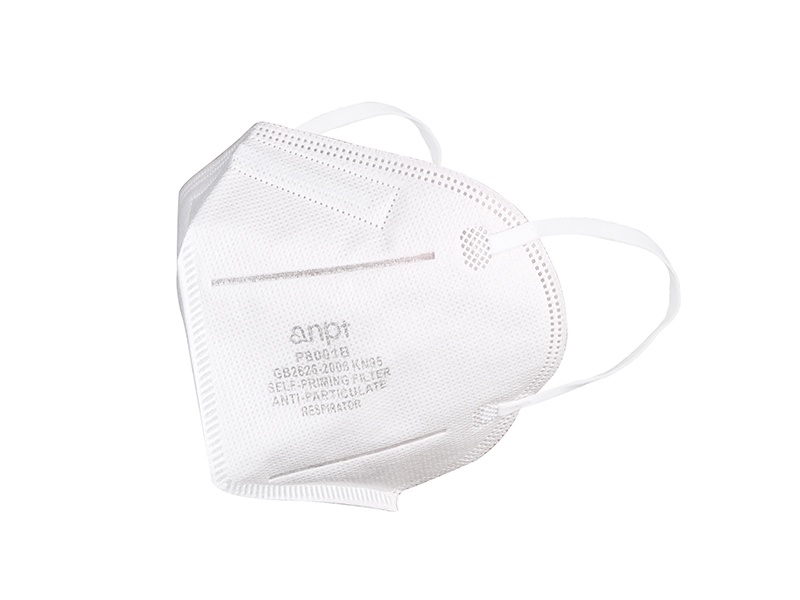News
Understand the latest news
Addressing the environmental impact of disposable masks, including KN95 masks, has become a critical focus due to the massive increase in mask usage during the COVID-19 pandemic. One of the primary solutions being explored is the development of recycling programs specifically designed for masks. These programs involve collecting used masks, sterilizing them, and then breaking them down into their component materials. By doing so, the masks' non-woven fabrics, metal nose clips, and other materials can be processed and repurposed or disposed of in an environmentally friendly manner. Specialized facilities are increasingly being equipped to handle mask recycling, ensuring that the components are managed properly and reducing the overall environmental burden of mask waste.
In parallel, there has been a significant push towards creating biodegradable alternatives to traditional masks. Researchers and manufacturers are working on masks made from materials that decompose more quickly than conventional plastics and non-wovens. These biodegradable masks are designed to break down in composting conditions, thereby minimizing their long-term environmental impact. Additionally, the use of eco-friendly materials, such as plant-based fibers, is being explored to further reduce pollution and waste associated with disposable masks. This shift towards more sustainable materials reflects a broader trend in environmental responsibility within the personal protective equipment industry.
Another promising approach is the promotion of reusable masks. Hybrid designs that feature replaceable filters with durable, washable outer layers offer a way to reduce the frequency of full mask disposal. By extending the life of the mask itself and only replacing the filters, the amount of waste generated is significantly reduced. High-quality reusable masks made from washable materials not only help cut down on waste but also provide long-term cost savings for users. This shift towards reusable solutions is bolstered by increasing consumer awareness and preference for sustainable practices.
Public education and awareness are also crucial in managing the environmental footprint of disposable masks. Educational campaigns are focused on teaching proper disposal methods, emphasizing the importance of placing used masks in designated trash bins rather than littering. Proper disposal helps to ensure that masks do not contribute to environmental pollution and that waste management systems can handle the volume of mask-related waste more effectively. Additionally, training waste management professionals on the safe handling and processing of masks further improves the efficiency of waste processing and recycling efforts.

Innovations in mask design are another avenue being explored to reduce environmental impact. Manufacturers are working on optimizing mask designs to use fewer materials and enhance durability, which can extend the lifespan of masks and reduce waste. Efforts are also being made to minimize the environmental impact of mask production processes, including reducing energy consumption and using renewable resources. These design improvements not only contribute to sustainability but also ensure that masks remain effective and comfortable for users.
Community and grassroots initiatives play a vital role in managing mask waste. Local recycling programs and mask collection drives are being organized to facilitate the proper disposal and recycling of masks at the community level. Individuals and local groups are also exploring DIY solutions, such as creating reusable mask covers or participating in mask recycling efforts. These community-driven actions complement broader initiatives and contribute to a more sustainable approach to mask usage and disposal.
In summary, reducing the environmental footprint of disposable masks involves a multifaceted approach that includes recycling programs, biodegradable materials, reusable designs, public education, and innovative mask production practices. By combining these efforts, we can address the environmental challenges associated with mask waste while continuing to protect public health effectively.